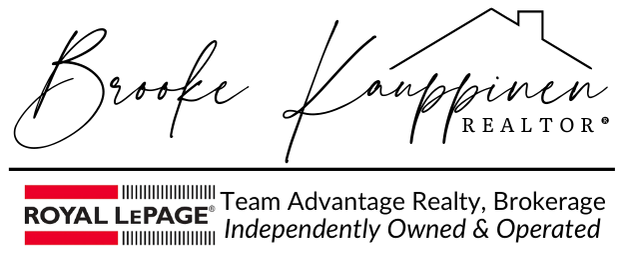

Buying your first home is an exciting journey, but it starts with a solid financial foundation. For many first-time buyers, understanding how to budget, save for a down payment, and improve their credit score can feel overwhelming. This guide dives deeper into these essential steps to help you confidently prepare for homeownership.
A well-crafted budget is your roadmap to homeownership. It helps you understand how much you can afford and ensures you’re financially prepared for the responsibilities of owning a home. Here’s how to create a home-buying budget:
The down payment is one of the largest upfront costs of buying a home. While it may seem daunting, breaking it into manageable steps can make it achievable.
Understanding Down Payment Requirements
In Ontario, the minimum down payment depends on the home’s purchase price:
First-time buyers in Ontario can benefit from programs like the RRSP Home Buyers’ Plan or the First-Time Home Buyer Incentive to supplement their down payment.
Your credit score is a crucial factor in securing a mortgage. It determines your eligibility, the amount you can borrow, and your interest rate. In Canada, credit scores range from 300 to 900, with scores above 680 considered good.
By mastering these three pillars—budgeting, saving for a down payment, and understanding your credit score—you’ll be better prepared to navigate the home-buying process. These steps not only give you financial confidence but also make you a strong candidate when applying for a mortgage.
Start today by evaluating your budget, creating a savings plan, and checking your credit score. Homeownership is within reach with the right financial strategies!
